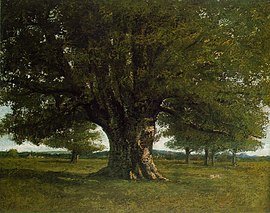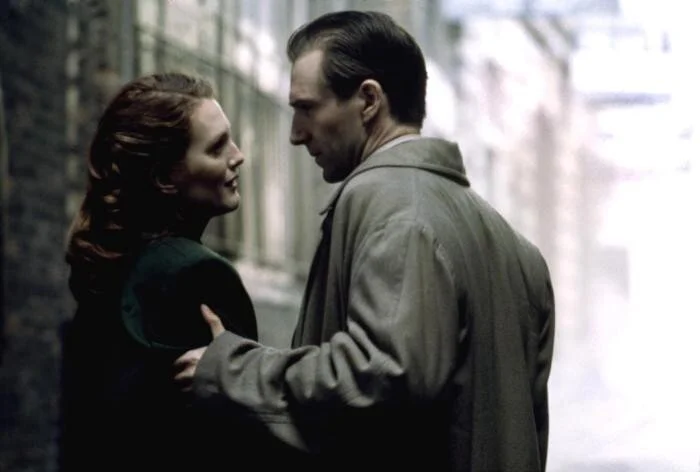The Genealogies of Modernity Journal
Writing After Girard
Girard is not only an academic theorist but a veritable agent of culture who has shaped the thinking of writers around the world…. But where there is influence, there is also the potential for anxiety.
Trevor Merrill on novel writing after Girard
The Situation for Women Writers
Neither limited to nor ignorant of the important but circumscribed sphere of domestic life, the finest women’s writing highlight the ways in which private and public life intersect, overlap, and coinhere.
Katy Carl on Virginia Woolf and Sigrid Undset
Inevitable Time in Romeo and Juliet
Time collapses on itself as Romeo’s lingering warmth betrays the truth of his death. He lived only moments ago. And now, Juliet is only moments away from ending her own time in this world.
Krystal Marsh on the warmth of lips
Poetry as Finding Through a Falling Away
What’s different about this idea, from either Claudel or Maritain, is that poetry does not call into being through naming: it finds.
Tom Break on Anna Key’s poetry and what art does
Waiting on Value
The possibility of an event, of perceiving a thing in the difficulty of what it is to be, of a momentary vision with an other-worldly value, is necessarily predicated on a certain degree of silence.
Tom Break on patience and contemplation
Comedy and Conversion in Marcel Proust
Something happened between Proust's early efforts and his mature masterpiece, a paradigm shift that made the author capable of transferring his legendary gifts as a comic dinner-table raconteur 'onto the page.'
Trevor Merrill on Proust’s conversion
The Value in a Foreign Song
Something, outside of human reason, outside of human meaning and of human feeling, has reached him. “The bird sings.” And the speaker hears it.
Tom Break on hearing goodness in being
Art and the Work of Holding onto Hope
Every aspect of our existence is shot through with value, and it is inconceivable to think outside of this value-replete framework. So, how do we fit in an unmade world, in a world devoid of value?
Tom Break on art, value, and a meaningless world
Three Lessons in Beauty
Anyone who has sought to make or comprehend art has probably come across at least a few lessons on beauty—insights that, it seems, can never be exhausted.
Trevor Merrill on lodestars of aesthetic judgement
Fight for Your Long Loud Laughs
So read this book. Support an adjunct. Get ready to laugh. Get ready to scratch your head at points and wonder, “Why did I listen to that dude online who told me to read this book?”
Jeffrey Wald reviews Alex Kudera’s For Your Long Day and finds reasons for laughter
Unto Death: Eros West of Eden
When human happiness is placed in the eyes of another mortal, “the canker death” comes quickly on. It comes all the more quickly for its being the only end we will admit ourselves.
Daniel Fitzpatrick on Romeo and Juliet after the fall
Haikus Between Tradition and Modernity
This description sounds appropriately meditative, the falling off of body and mind, but it did not bring him to the serenity he was looking for in his haiku, his travels, and his sake.
Amy Heinrich reviews The Life and Zen Haiku Poetry of Santoka Taneda
Delta Winter: Faulkner’s Nature and Repudiation
The Faulknerian gaze, turning as much to Greece and Jerusalem as to the big woods of the Mississippi Delta, calls in the grandest distillation of the modern tongue for the restoration of our memory.
Daniel Fitzpatrick on reading Faulkner's “The Bear”
Contemplatives in Conversation on Cinema
Pier Paolo Pasolini’s film The Gospel According to St. Matthew presented Jesus in a uniquely modern way. Pasolini was an atheist, and his film didn’t glorify or sentimentalize the story of Jesus.
Arthur Aghajanian and Michael Marciel in conversation
Converting Conversions
If we are open to other readings of this multi-layered love story, we can discover new elements of what it means to “fall into faith as one falls in love.”
Casie Dodd assesses a second film version of Graham Greene’s The End of the Affair
Titian's Icons for a Modern World
Christopher Nygren’s aim is to recast Titian’s oeuvre by focusing on a series of deeply religious paintings and to make the reader consider the artist’s career and legacy anew.
Catherine Powell-Warren reviews Titian’s Icons
Conversions on the Page and on the Screen
Adapting the Greene’s “The End of the Affair,” these films show the many ways conversion can play out in a modern culture often inhospitable to the human capacity for faith.
Casie Dodd on religious conversions in movies that happen to mention Catholicism
Stories on the Side of Grace
We live in the age of technological magic, not supernatural grace and miracle. Not so fast, says Alexander Theroux.
Jeffrey Wald reviews Alexander Theroux’s Early Stories and finds a little grace
The Guilty Pleasure of Sally Rooney’s "Beautiful World, Where Are You"
The protagonists of “Beautiful World” are no longer confessional, but resigned. Their attitudes towards politics and religion alike are structured by ambivalence.
Kathy Chow reviews Sally Rooney’s latest meditation on modern life
Gatsby and the Loss of Time
Gatsby believes in the future. He trusts in that future where the past will be present again. It is the present that escapes him, and so he falls from the glory he has gathered to himself.
Daniel Fitzpatrick on having all the money and none of the time























